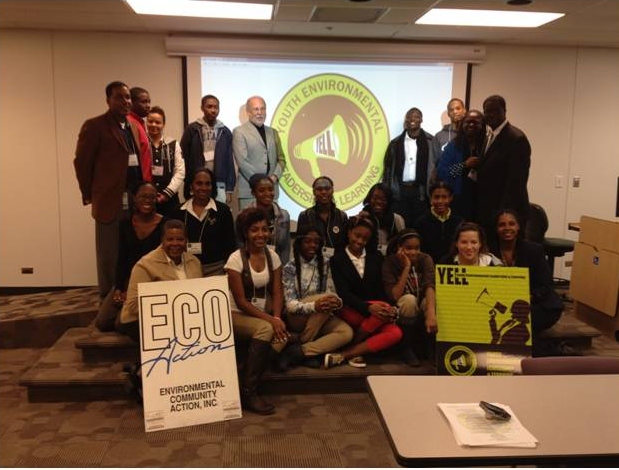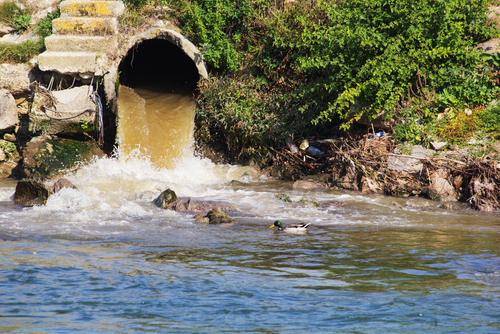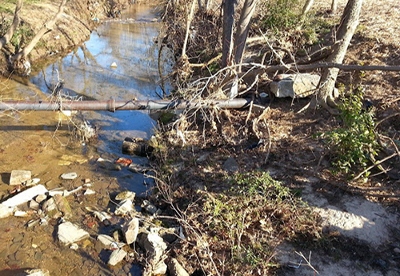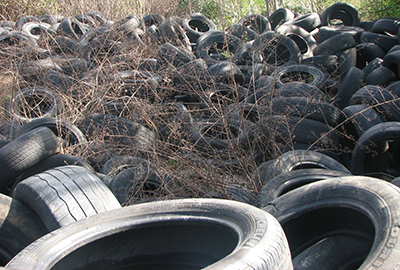Twenty years ago, President Clinton issued Executive Order 12898, “Federal Actions to Address Environmental Justice in Minority Populations and Low-Income Populations,” directing federal agencies to address environmental injustices in their operations and in communities across the country. Since that time a number of states, counties and cities including Fulton County have developed Environmental Justice policies […]
Read More
Are you a young person who wants to meet others interested in advancing their leadership for change?
Read More
No one organization can effectively address a large and complex environmental problem alone. A multifaceted
Read More
Because many people don’t know what to do when they discover their neighborhood has been designated for a waste
Read More
When a community encounters an environmental issue of concern, they need to get mobilized to solve it.
Read More
Capacity building begins from within. ECO-Action is committed to make long-term investments in building community capacity that lead to results. We begin by listening, then though providing guidance and coaching help the communities’ vision of a better future to emerge. Developing the capabilities of community leaders is a key element of this community organizing strategy. […]
Read More
This youth educational program for high school youth trains environmental advocates/ambassadors to promote environmental protection in NPU-V community. The curriculum covers the following areas: • Place Matters; • Solid Waste; • Brownfields and Remediation; • Non-renewable and Renewable Energy, • Toxic Chemicals and Human Health; • Urban Waters and Toxic Chemicals; • Air Pollution and […]
Read More
No one organization can effectively address a large and complex environmental problem alone. A multifaceted environmental problem may take years to totally resolve and may engage hundreds of people, a number of government agencies and multiple non profit stakeholders. One of ECO-Action’s core strategies has been to assemble and coordinate efforts of communities and partner […]
Read More
Proctor Creek originates in downtown Atlanta and runs westward to the Chattahoochee River. Before 1927, Proctor Creek carried raw sewage from most of downtown Atlanta directly to the Chattahoochee River. In 1927, a combined sewer system was constructed which installed large combined sewer trunk lines partially above ground in the midst of low-income neighborhoods. Three […]
Read More
ECO-Action worked with residents of Southwest Atlanta neighborhoods along with Georgia State University’s Department of Geosciences and Institute of Public Health to local and remove illegally discarded tires through the Tire Initiative to Reduce and Eliminate Dumping (T.I.R.E.D.). The partnership: Removed more than 3,500 illegally dumped tires from Atlanta neighborhoods; Located and mapped of discarded […]
Read More




